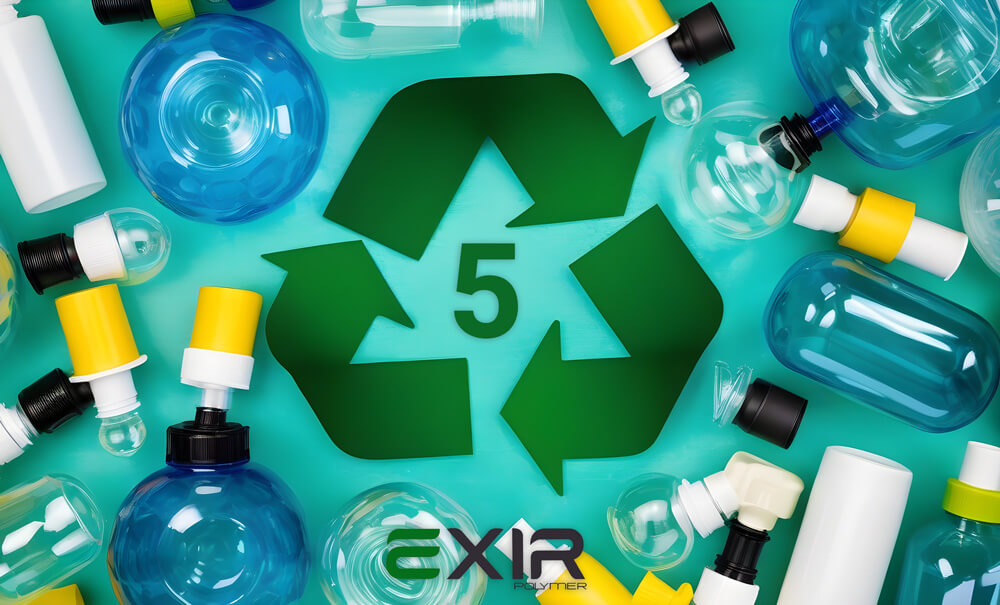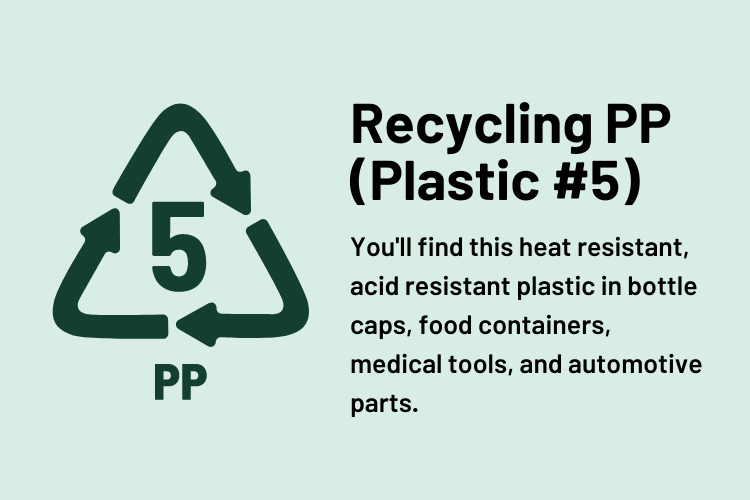Innovative Methods for Effective PP Recycling
Innovative Methods for Effective PP Recycling
Blog Article
As sustainability becomes a key target worldwide, the limelight is on how industries may decrease environmental impacts. Polypropylene (PP), one of the most frequently used materials, has received significant interest due to its potential in the round economy. With growing considerations about plastic waste, PP Recycling solutions are emerging as a encouraging avenue for achieving sustainability objectives and reducing environmental footprints.

Polypropylene is trusted across different industries, from packaging to automotive pieces, because flexibility, strength, and cost-effectiveness. Nevertheless, the persistence of PP in landfills and oceans poses a significant environmental challenge. Fortunately, innovations in recycling systems are giving new options to recycle PP more proficiently and effectively.
One of the very most substantial developments in PP recycling is the escalation in mechanical recycling processes. Physical recycling requires wearing down plastic waste in to small particles, which can then be reprocessed in to new products. This process supplies a more energy-efficient substitute compared to old-fashioned plastic production. PP could be recycled numerous times, lowering the necessity for virgin substance extraction and reducing the general carbon footprint.
As well as mechanical recycling, substance recycling systems are developing traction. Chemical recycling requires deteriorating materials to their bottom compounds, which may be reused to generate new plastic products. This approach allows for the recycling of contaminated or blended plastic waste that could usually be non-recyclable through conventional methods. As compound recycling systems improve, they may revolutionize just how PP is prepared and recycled, which makes it a key player in the continuing future of plastic spend management.
The increasing give attention to PP recycling can also be driving improvements in item design. Organizations are creating PP products that are more straightforward to recycle by using monomaterial appearance, reducing harmful ingredients, and promoting types that facilitate the recycling process. Cooperation across industries is essential to ensuring that PP goods are recyclable from the start and could be successfully refined at the end of the living cycle.
Furthermore, customer consciousness and behavior play a significant role in the success of PP recycling. With rising need for sustainable products, more individuals and corporations are getting measures to make sure that PP waste is removed correctly. Training campaigns and motivation applications may encourage better recycling practices and support close the trap on PP waste.

Looking ahead, PP recycling options are set to be at the front of sustainable spend management. As systems advance and industries follow more rounded methods, PP can continue being an invaluable resource, driving both environmental and economic benefits. The continuing future of sustainability hinges on inventions in recycling, and PP recycling alternatives will truly perform a crucial role in shaping that future. Report this page